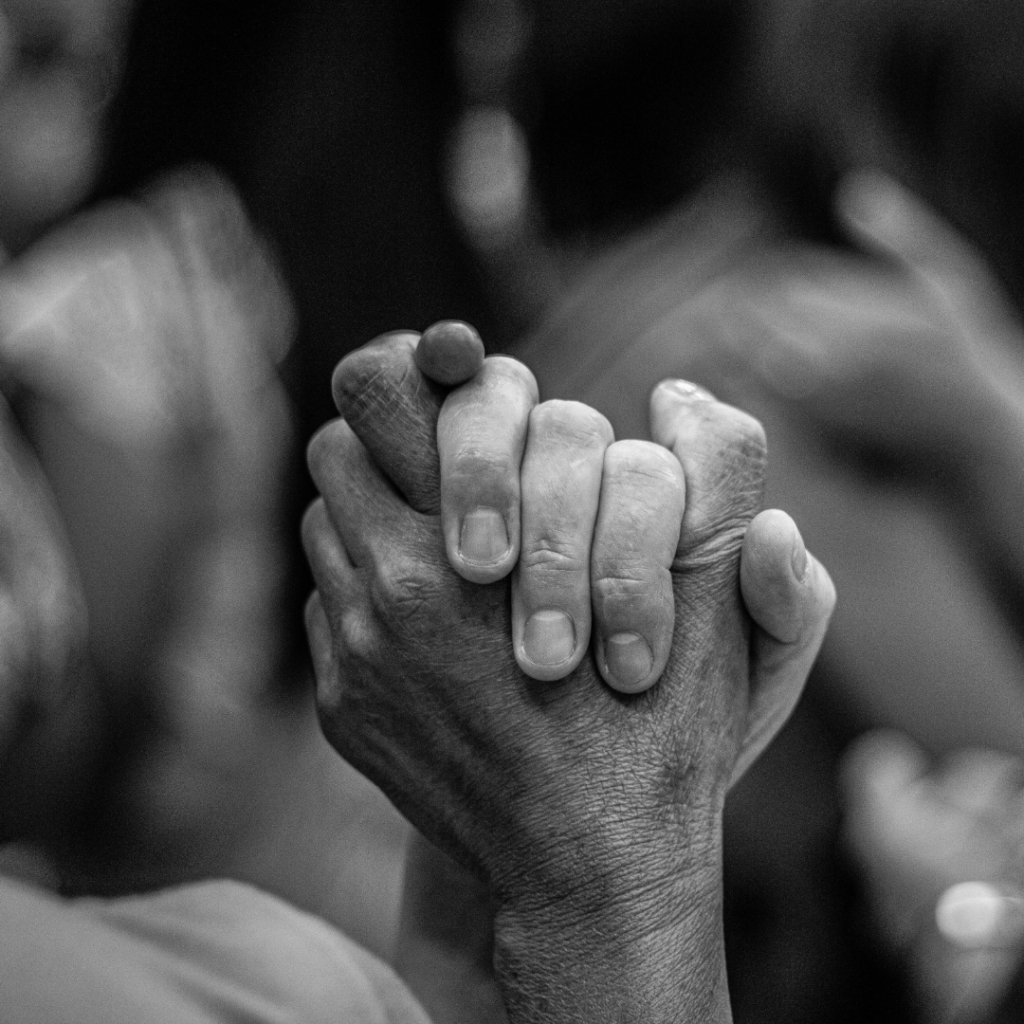Mental Health in Conflict
‘Mental Health’ is an expression we hear almost everyday. It has come to encapsulate a whole spectrum of terms referring to our mental state and capacity. According to The World Health Organisation, mental health is “a state of well-being in which every individual realises his or her own potential, can cope with the normal stresses of life, can work productively and fruitfully, and is able to make a contribution to her or his community.” Every day, our mental health is in a state of flux, it is about wellness rather than illness and can be thought of as a continuum, where mental health is at one end of the spectrum – represented by feeling good and functioning well – while mental health conditions (or mental illness) are at the other – represented by symptoms that affect people’s thoughts, feelings or behaviour.
We are all exposed to conditions which can affect this sense of mental equilibrium, there are so many factors in our lives which can impact how we feel, how we live and how we are treated. We are not all exposed to the same conditions, systems, cultures and as such, how we come to understand our mental health can change, based on these.
Conflicts can cause immense suffering and trauma. Not all those are traumatised after enduring difficult experiences within this kind of setting. In fact, around 80 percent of people adapt and recover from their experiences of adverse events and do not develop psychological problems. Some people develop new ways of dealing with and growing because of their painful experiences. This is called ‘post-traumatic growth.’ However, research conducted by WHO found that 22.1 percent of people living in conflict-affected areas had depression, anxiety, PTSD, bipolar disorder or schizophrenia. Beyond conditions like these, many people living in the continuum of conflict experience sleeplessness, fear, distrust, nervousness, anger, aggression, depression, flashbacks, negative thinking, alcohol and substance abuse, domestic and GBV, and suicidal thoughts. Conflicts can deeply impact mental health, and trauma is not necessarily solely an individual psychological condition. The term ‘collective trauma’ refers to any society, ethnic or religious group, physical community, social category or class that has been exposed to traumatic circumstances as a result of armed conflict, including social, political, cultural, gender, ethnic or religious persecution. Collective trauma can damage the social fabric of a community, impact social bonds, and destroy sources of support and communality.
Conflict in Ukraine
Over 450 million children now live in areas affected by conflict across the world, this is roughly 1 in 6 children….In Save the Children’s latest needs assessment of families in Ukraine, 85% of the respondents said they needed psychosocial support. Globally, around 224 million children living in high intensity conflict could be experiencing significant distress and mental health disorders due to the environment they have been forced to endure, an environment marred by uncertainty, where your life is constantly at risk. Andrew Kent, MD, a board-certified child and adolescent psychiatrist who specializes in working with post-traumatic stress disorder (PTSD), has reflected on the consequences of the evolving crisis in Ukraine on civilians, he says “Their sense of identity has been stripped without any ability to prepare for it. This can cause depression and anxiety and make people feel lost.” In situations where the environment is changing so rapidly, attention is given to the immediate needs of a population. The consequences of this for the civilians affected by the conflict, who are likely exposed to death and injuries, who are ripped away from their homes, families and friends, is that their mental health needs are often overlooked. It’s extremely hard for any adult to try to cope with the impacts of war. Imagine what this is like for a child, the impact is immeasurable. In fact, research shows that children who’ve lived through war and conflict suffer a high level of psychological problems. In times of conflict, children are having to navigate a new way of existence, where societal structures like home and school have been completely uprooted, this burden to their mental health can be immense and must be a priority when facing the consequences of conflict.
Final Considerations
Mental health within conflict settings must continue to be addressed, and humanitarian programming must be prepared to deal with complex mental health needs in-country. However, when responding to mental health needs in volatile conflict settings, it is important that support is culturally competent. Culturally sensitive mental health management begins with policies and procedures that address the needs of diverse populations. Mental health practices have largely emerged from Western traditions and knowledge systems, which can be problematic when applied to different cultures. The very basic principles of what is considered ‘normal’ in Western therapeutic approaches are entrenched in cultural constructions that should not be easily generalised. The damaging consequences can be top-down methods of therapeutic support and practices that overlook cultural needs, misinterpret behaviours and stereotype individuals. It is important that the context of non-Western cultures is seriously considered and prioritised when working across cultures, to support mental health initiatives.
If you are interested in the work of MOAS and our partners, please follow us on social media, sign up to our newsletter and share our content. You can also reach out to us any time via [email protected]. If you want to support our operations, please give what you can at www.moas.eu/donate

